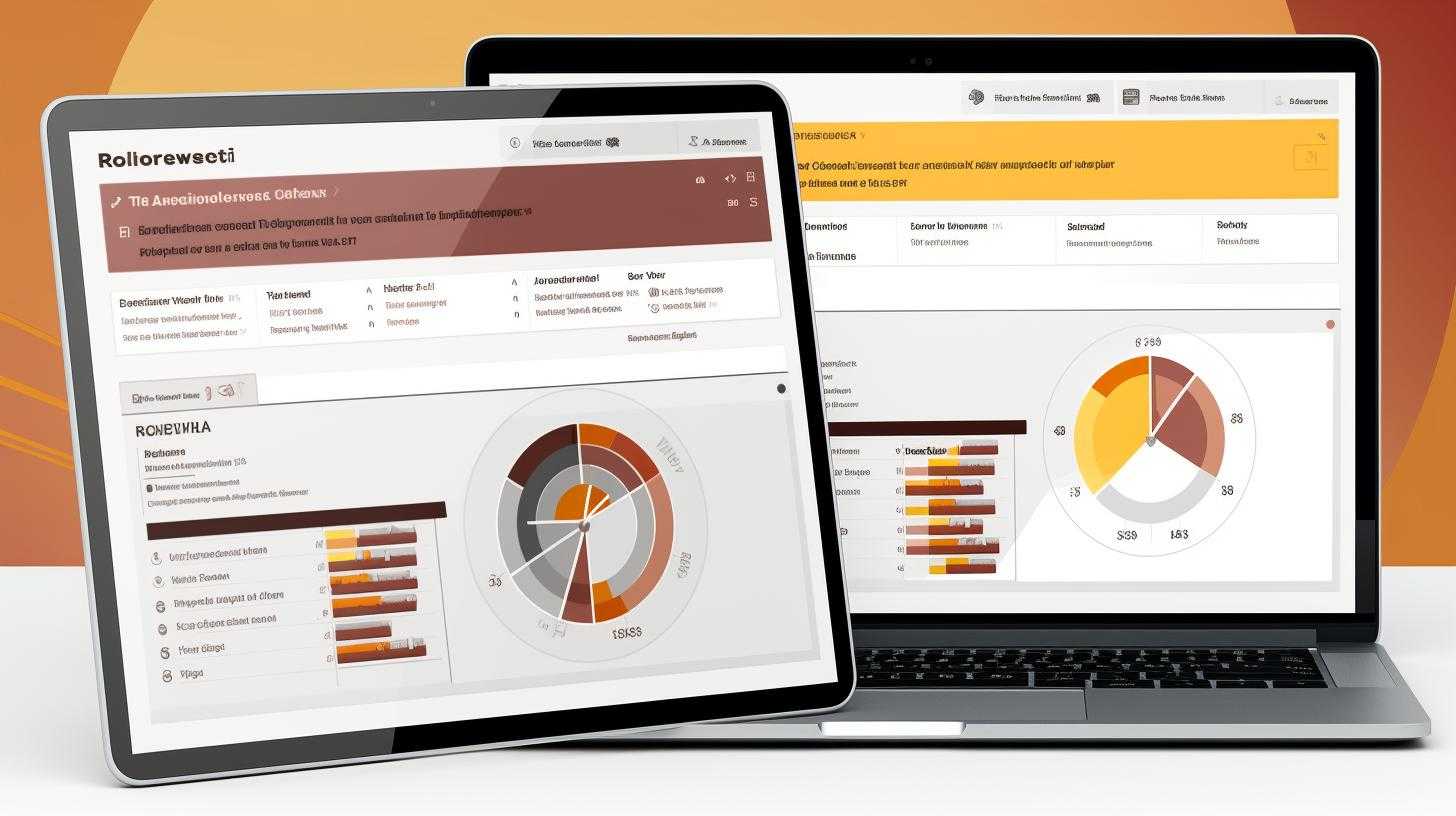In the realm of performance reviews, a seismic shift is underway. Gone are the days of annual, one-size-fits-all evaluations that leave both managers and employees feeling uninspired and disengaged. As organizations strive for greater employee engagement and performance improvement, traditional methods are being reimagined and replaced with dynamic, continuous feedback loops and goal-oriented frameworks like OKRs (Objectives and Key Results).
The Rise of OKRs
OKRs have emerged as a beacon of hope in the world of performance management. Originating in the tech sector, they have gained traction across industries for their ability to align individual and team goals with overarching organizational objectives. Unlike static performance metrics, OKRs are fluid and adaptable, allowing for agile adjustments in response to changing circumstances.
Understanding OKRs
At its core, OKRs consist of two components: Objectives and Key Results. Objectives represent ambitious, qualitative goals that articulate what an individual or team aims to achieve. Meanwhile, Key Results are measurable outcomes that indicate progress toward those objectives. By setting clear objectives and defining measurable key results, organizations can foster a culture of accountability and transparency while empowering employees to take ownership of their performance.
OKRs in Action
Consider a marketing team tasked with increasing brand awareness. Their Objective might be to "Enhance Brand Visibility." To measure progress, they could establish Key Results such as "Increase website traffic by 30%," "Generate 500 new leads," and "Achieve a 20% growth in social media followership." By tracking these Key Results, team members can gauge their impact on the overarching Objective and pivot their strategies accordingly.
Benefits of OKRs
The adoption of OKRs brings a multitude of benefits to organizations seeking to optimize performance and appraisal processes.
- Alignment: By cascading objectives from the top down, OKRs ensure alignment between individual, team, and organizational goals.
- Focus: Clear objectives help employees prioritize tasks and direct their efforts toward high-impact activities.
- Agility: OKRs allow for iterative goal-setting, enabling teams to adapt to changing market conditions and emerging opportunities.
- Transparency: With OKRs, progress is visible to all stakeholders, fostering accountability and trust within teams.
- Continuous Improvement: Regular check-ins and feedback loops inherent in the OKR framework facilitate continuous learning and improvement.
Performance Reviews Reimagined
As OKRs gain prominence, traditional performance review processes are undergoing a metamorphosis. No longer confined to annual rituals, performance reviews are evolving into ongoing conversations centered around manager performance and employee development.
Continuous Feedback
One of the hallmarks of modern performance reviews is the emphasis on continuous feedback. Rather than waiting for an annual review to provide guidance and recognition, managers are encouraged to engage in regular, informal check-ins with their direct reports. These check-ins serve as opportunities to celebrate achievements, address concerns, and course-correct in real-time.
Coaching and Development
In addition to feedback, performance reviews now prioritize coaching and development. Managers are encouraged to adopt a coaching mindset, focusing not only on past performance but also on future growth and skill development. By investing in their employees' professional development, managers can cultivate a culture of learning and innovation within their teams.
Performance Improvement Plans
In cases where employee engagement or performance falls below expectations, modern performance reviews offer a constructive solution: the performance improvement plan (PIP). Rather than resorting to punitive measures or termination, PIPs provide a structured framework for supporting struggling employees in achieving their full potential. By setting clear goals, providing targeted support, and monitoring progress closely, managers can help underperforming employees course-correct and thrive.
Key Performance Indicators and Beyond
While OKRs represent a powerful tool for goal-setting and alignment, they are not the only metrics at play in the world of performance management. Key Performance Indicators (KPIs) remain essential for tracking day-to-day operations and measuring progress toward strategic objectives. However, the key to success lies in striking the right balance between KPI key performance indicators and OKRs.
KPIs vs. OKRs
KPIs are often more operational and tactical in nature, focusing on metrics such as sales revenue, customer satisfaction scores, or production efficiency. In contrast, OKRs are strategic and aspirational, guiding teams toward overarching goals and objectives. While KPIs provide valuable insights into current performance, OKRs inspire teams to reach for new heights and drive innovation.
Integrating KPIs and OKRs
The most successful organizations recognize that KPIs and OKRs are not mutually exclusive but complementary. By integrating the two frameworks, organizations can balance short-term operational objectives with long-term strategic goals. For example, a sales team may use KPIs to track monthly revenue targets while aligning those targets with broader OKRs related to market expansion or product innovation.
Conclusion
In conclusion, the evolution of performance reviews reflects a broader shift toward more dynamic, goal-oriented approaches to performance management. From the adoption of OKRs to the emphasis on continuous feedback and development, modern organizations are reimagining traditional practices to better align with the needs of today's workforce. By embracing these changes and leveraging tools like OKRs and KPIs, organizations can unlock the full potential of their employees and drive sustainable growth in an ever-changing landscape.
Further Reading
- The Power of Podcasts in Human Resource Management
- Mastering OKR Planning: A Comprehensive Guide for Sales Teams
- Unlocking the Power of Employee Feedback: How ilpapps Can Transform Your Workplace
Ready to find out more?
